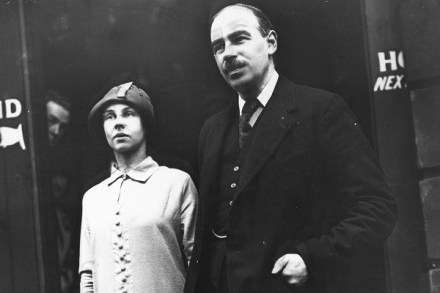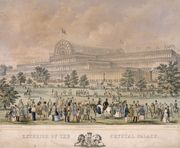Letters | 19 October 2017
The great divider Sir: Niall Ferguson (‘Tech vs Trump’, 14 October) draws a parallel between the Reformation — powered by the printing press — and today’s social networks — powered by the internet — in their influence on the established hierarchy. Ferguson astutely observes that the consequence of the Reformation was not a hoped-for harmony but ‘polarisation and conflict’. The difference was then, and is now, between collectivism and individualism. Collectivists always saw the internet as a vehicle for the universal consciousness: the blending of minds. Individualists always saw the internet as an integrator: establishing facts using the principle of non-contradiction. The first is mystical. The second is a demonstration of

















